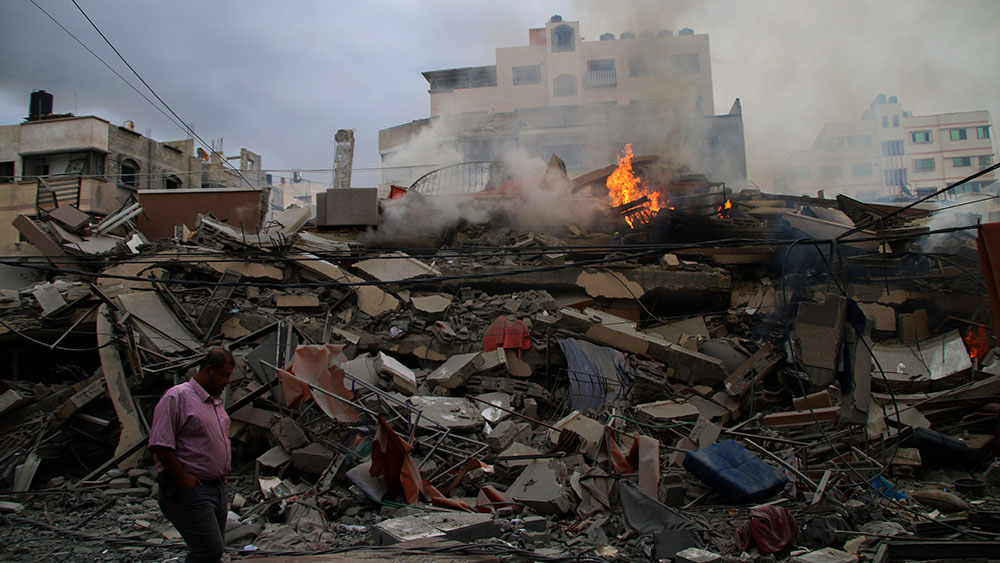 Parler
Parler Gab
Gab
Over 100K tons of fertilizer yet to be delivered to countries in the global south that desperately need it
The Russian Foreign Ministry reported that the release of three other planned shipments "has been stalled" despite the fact that all preparatory procedures and other red tape with the EU has been dealt with. These three shipments are intended to go to Nigeria, Zimbabwe and Sri Lanka, which are meant to receive 34,000 tons, 23,000 tons and 55,000 tons of fertilizer, respectively. The Foreign Ministry has described the blockade of crucial fertilizer in EU ports as "illegal," and urged the bloc's authorities to release the shipments. "It's time for Brussels, London and Washington to either tie their actions with words about the non-extension of their illegal sanctions on Russian agricultural products, or stop lying to consumers, especially from the countries of the global south, who bear the burden of the consequences of restrictions imposed [on Russia]," said the Foreign Ministry in a statement. Russian fertilizers are a key point in the UN-brokered Black Sea grain deal, under which Russia and Ukraine agreed to facilitate the delivery of Ukrainian grain to world markets so long as Western barriers preventing the export of Russian agricultural products, including fertilizer, would be lifted. The deal was scrapped this year, with Moscow claiming that Western sanctions continue to impede its exports. UN Secretary-General Antonio Guterres claims that Russia violated the deal and has urged Russia to return to the agreement. But Moscow is now demanding that the West meet all previously agreed conditions for the deal before it returns. Learn the latest news involving fertilizer production and exports at FertilizerWatch.com. Watch this episode of "Brighteon Broadcast News" as Mike Adams, the Health Ranger, discusses, among other topics, how the government is spending billions of taxpayer dollars to buy fertilizer for Ukrainian farmers. This video is from the Health Ranger Report channel on Brighteon.com.More related stories:
Russia pulls Black Sea vessels out of Crimea following Ukrainian missile, drone strikes. As the EU's Ukraine grain ban ends, longtime ally Poland blasts Zelensky for trying to flood Europe with cheap grain and produce, driving farmers out of business. ANOTHER ONE? American Plant Food Corporation fertilizer plant in Texas BURNS to the ground. The globalists are inducing a global famine where nobody owns anything and everyone is STARVING. Potash supply crunch likely to continue despite efforts to increase global production. Sources include: RT.com FertilizerDaily.com MENAFN.com Brighteon.comIran’s supreme leader calls for SANCTIONS against Israel, demands halt to Gaza bombing
By Richard Brown // Share
Israel’s “holy war” against Gaza already expanding to include Syria, Yemen
By Ethan Huff // Share
“God’s chosen” Israel is shockingly RACIST and INTOLERANT
By Ethan Huff // Share
Governments continue to obscure COVID-19 vaccine data amid rising concerns over excess deaths
By patricklewis // Share
Tech giant Microsoft backs EXTINCTION with its support of carbon capture programs
By ramontomeydw // Share
Germany to resume arms exports to Israel despite repeated ceasefire violations
By isabelle // Share










